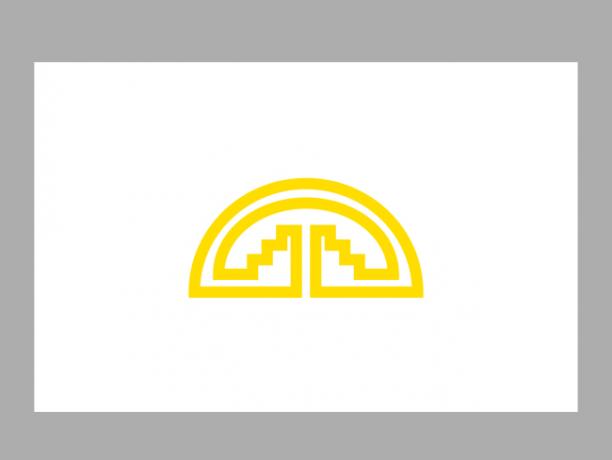Quiproquó is the name given to a situation where misunderstanding is generated by mistake.
The quibble is defined when someone confuses an object or situation for its total opposite, through an action considered foolish and misunderstood. Normally, in this case, a quip is characterized by being a comic character mistake.
Etymologically, this expression originated from the Latin quid pro quo, which means “exchange one thing for another”.
See also: the meaning of imbroglio.
In the past, the quiproquó (used by apothecaries in the Latin version quid pro quo) was the name given to the list of pharmaceutical substances that could be substituted by others, if the pharmacy did not have the one prescribed by the doctor.
However, in many cases, generic drugs indicated by pharmacists were harmful to people. And, during the 17th and 18th century, it was agreed to use the quiproquó also in the sense of "error made in a medicine".
For this reason, the expression “quid pro what” gained a pejorative sense, as it was related to mistakes made by botanists that, in general, could be fatal.
Some of the main synonyms for quibble and that can be used without the word losing its original meaning are: confusion, error, mistake or misunderstanding.
To find out the meaning of other expressions in the Portuguese language, Click here.

